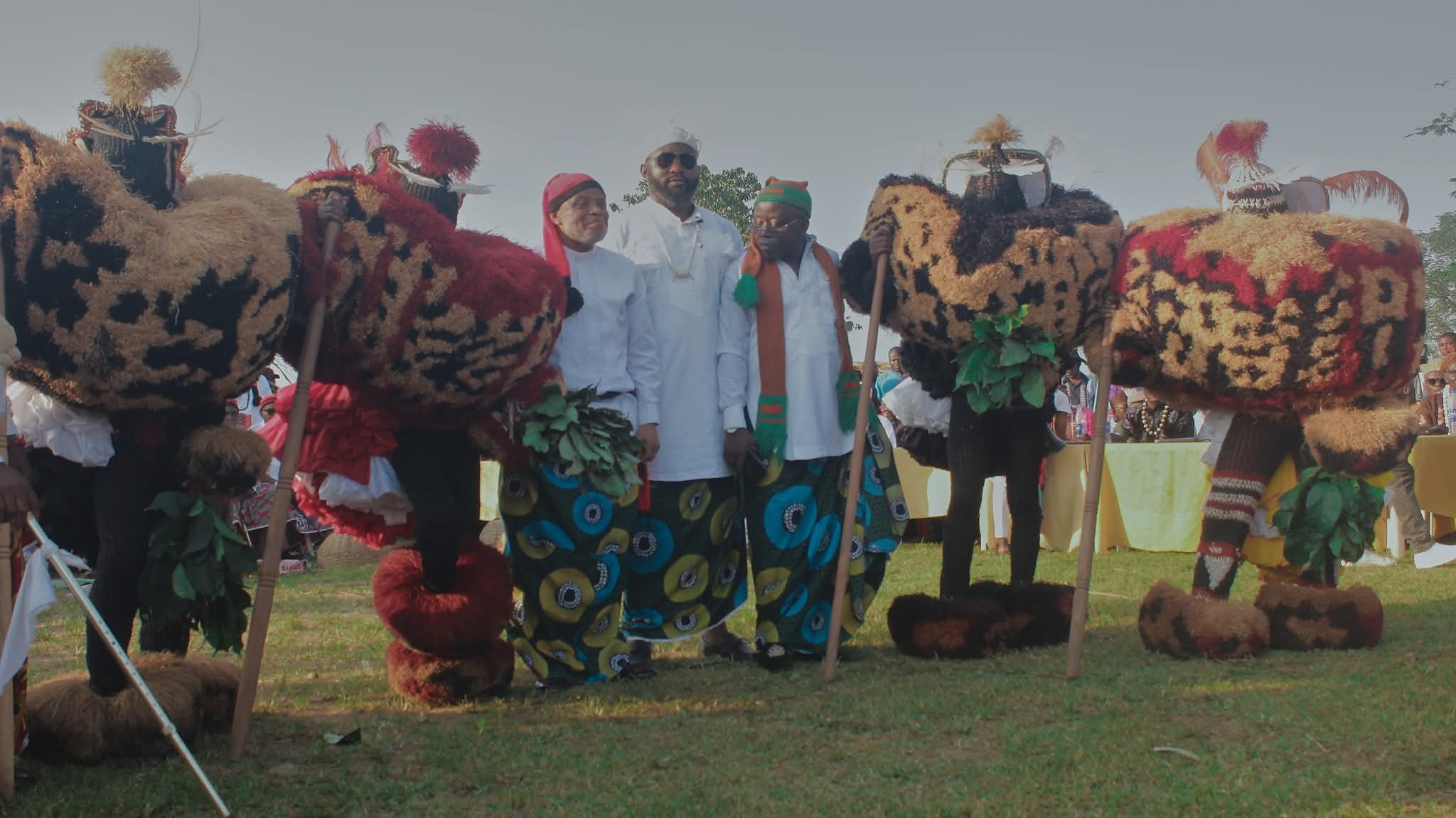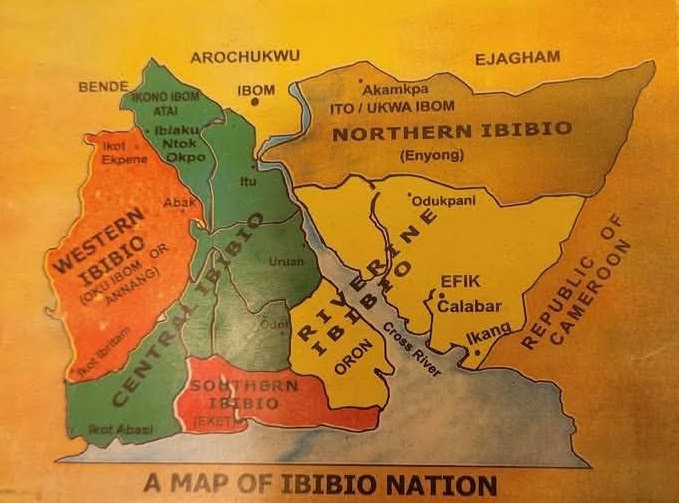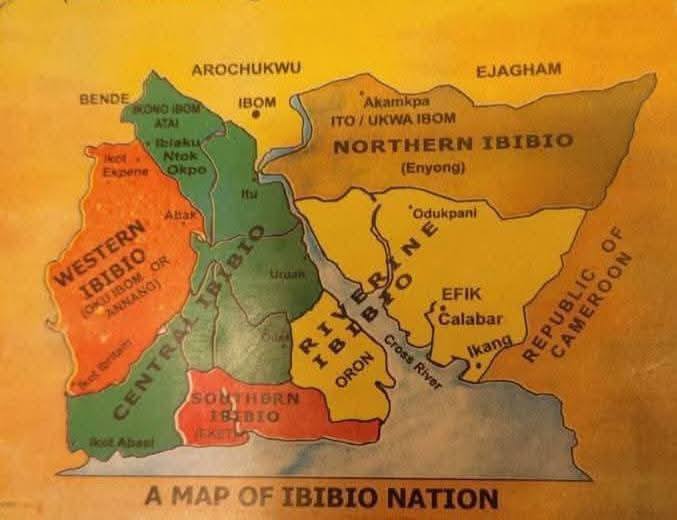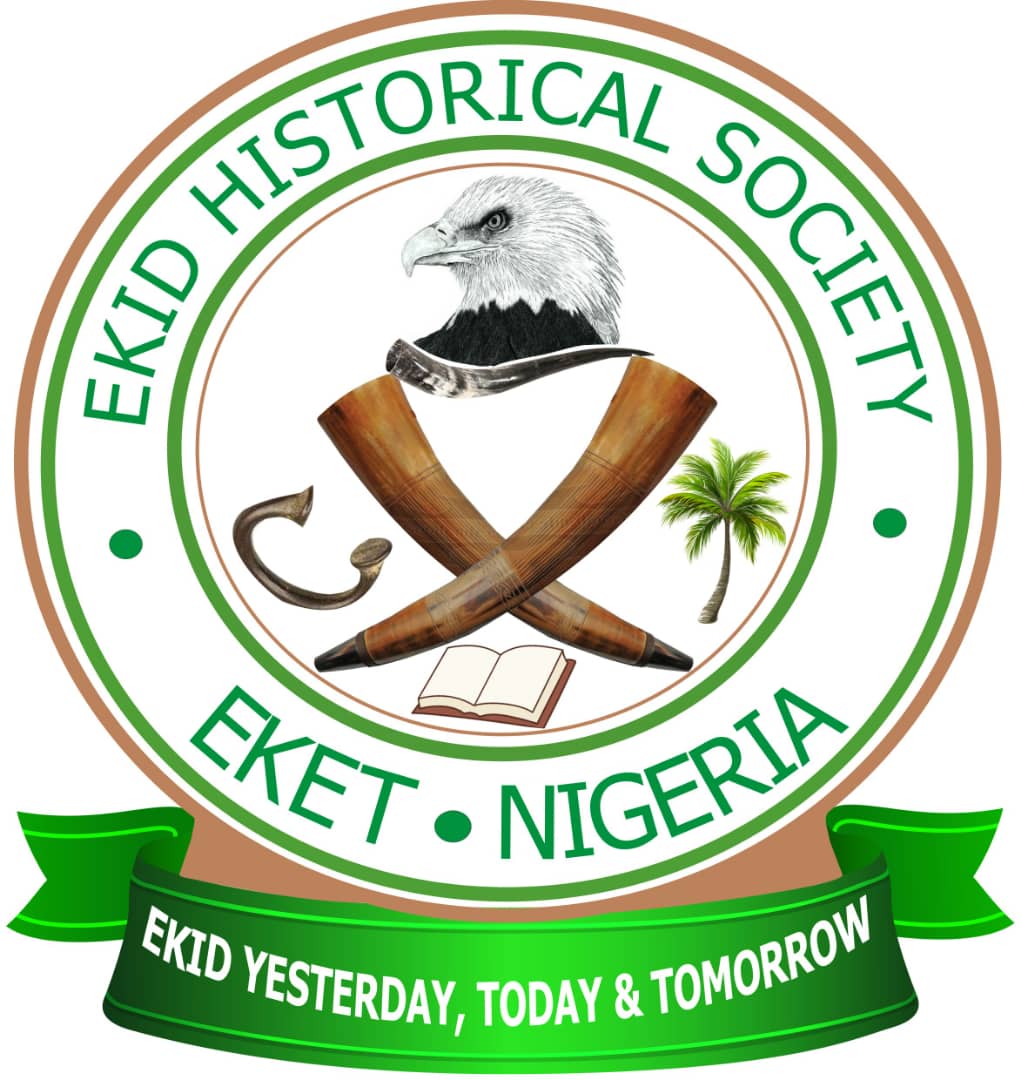Jan 8, 2026 ·
Featured Events
Beyond Asphalt and Power: How
Coastal Highway Through Reserve Pits Akwa Ibom’s Govt Against Laws, ScienceAs Akwa Ibom State throws its
weight behind routing the Lagos–Calabar Coastal Highway through the Stubbs
Creek Fore…
Beyond Asphalt and Power: How
Coastal Highway Through Reserve Pits Akwa Ibom’s Govt Against Laws, ScienceAs Akwa Ibom State throws its
weight behind routing the Lagos–Calabar Coastal Highway through the Stubbs
Creek Forest Reserve, a legally protected ecosystem of immense ecological
value, serious questions arise about due process, environmental law, and the
meaning of development in a climate vulnerable era. This report examines what
the law says, what the government has done, and why environmental experts and
civil society groups warn that sacrificing Stubbs Creek could represent an
irreversible mistake.By Ekemini Simon The controversy surrounding
Stubbs Creek Forest Reserve escalated unprecedentedly when Akwa Ibom State
Governor, Mr. Umo Eno publicly dismissed objections to routing the
Lagos–Calabar Coastal Highway through the reserve. Speaking at the
commissioning of an ultra-modern health centre in Nduo Eduo, Eket Local
Government Area, the governor described opposition from Ekid leaders as
needless resistance to progress. “Make no mistake, nobody will
stop the Lagos–Calabar Coastal Highway from passing through the Stubb’s Creek
Forest Reserve. It is a government reserve, and when the government decides to
act in the interest of the people, it will act,” Mr Eno declared. That statement triggered a swift
response from leaders of Ekid extraction, operating under the Ekid People’s
Union (EPU), who had earlier petitioned against the proposed route. Their
response sought to counter what they described as a fundamental mischaracterisation
of their position. “Ekid people are not opposed to
development. This must be stated clearly and repeatedly,” the group said. “We
desire development in all its forms. We want roads, hospitals, schools,
industries, and opportunities for our young people, just like every other
community in Akwa Ibom State.” Their objection, they insisted,
was not to infrastructure itself but to “a model of development that tre …










